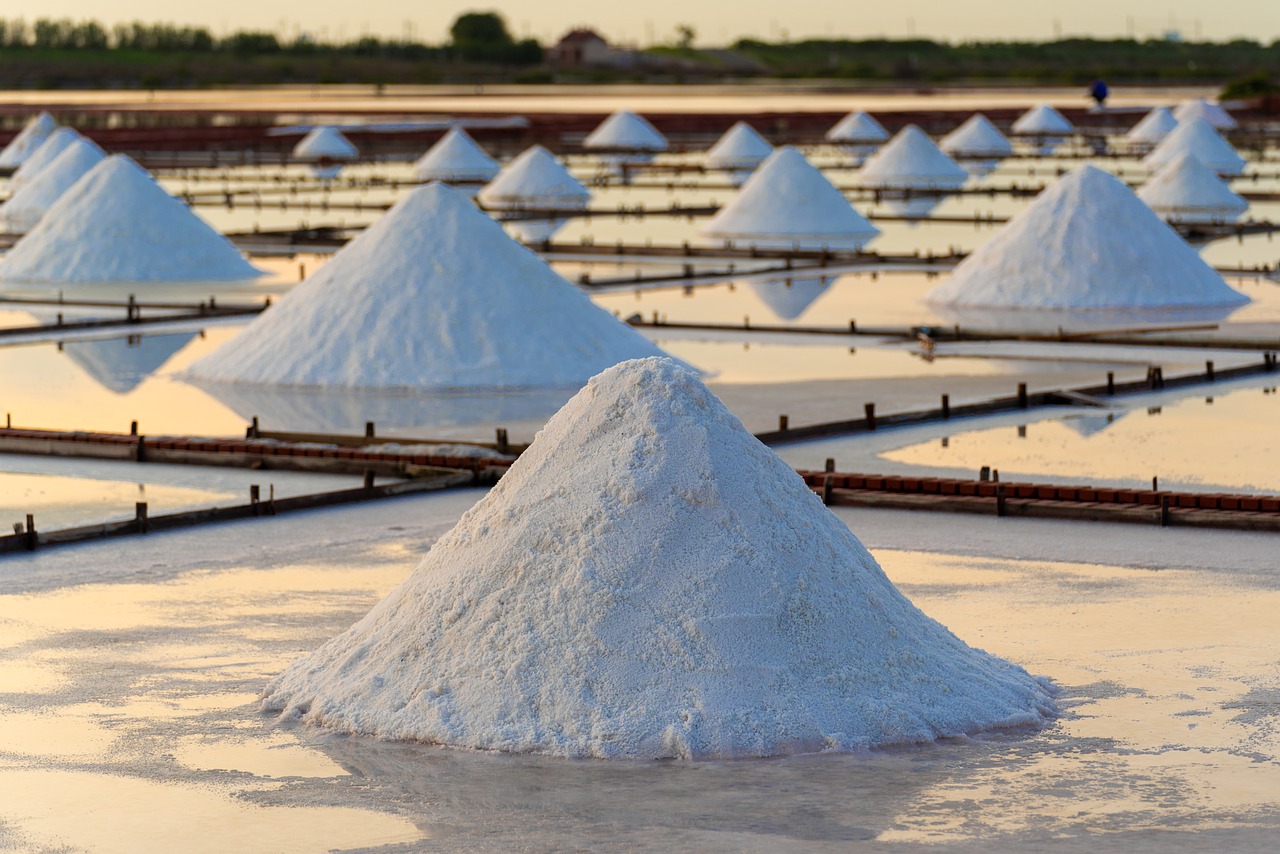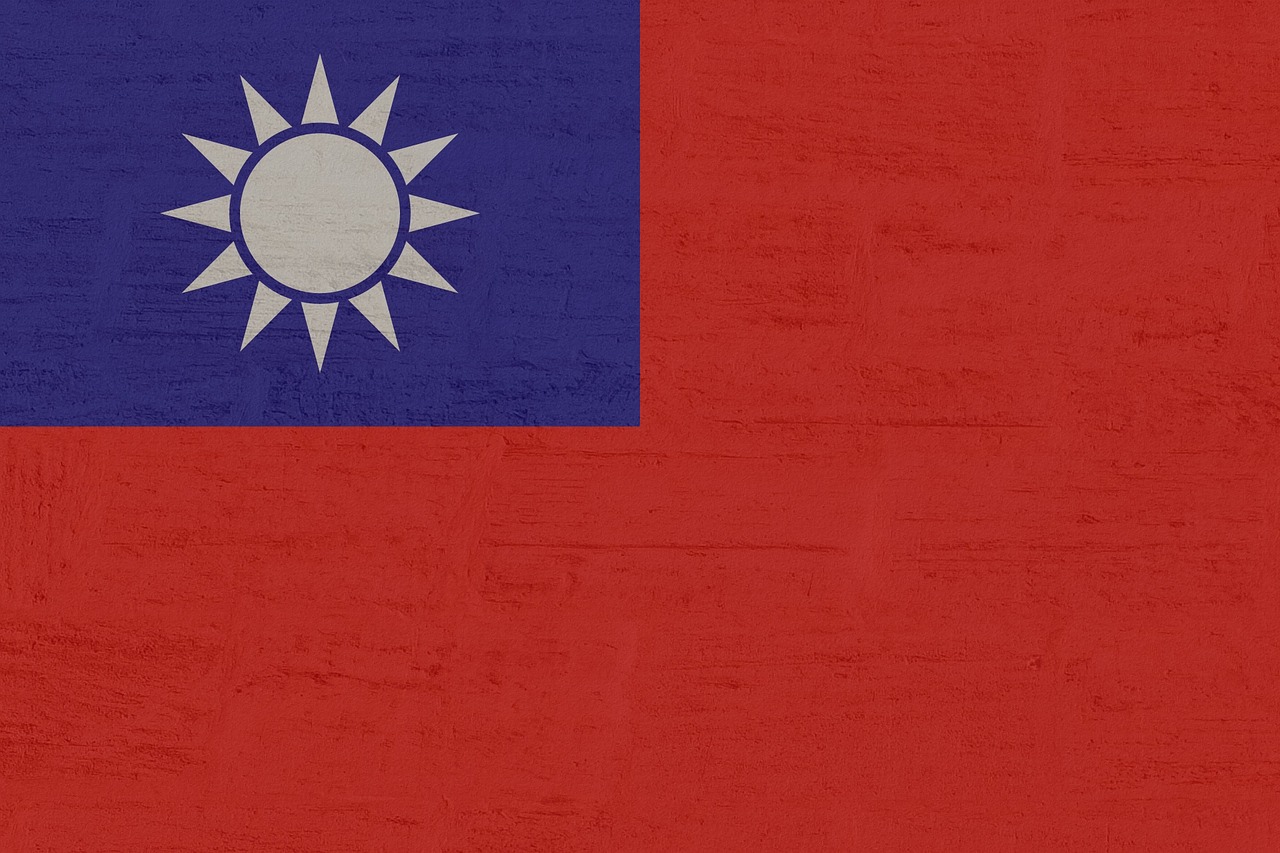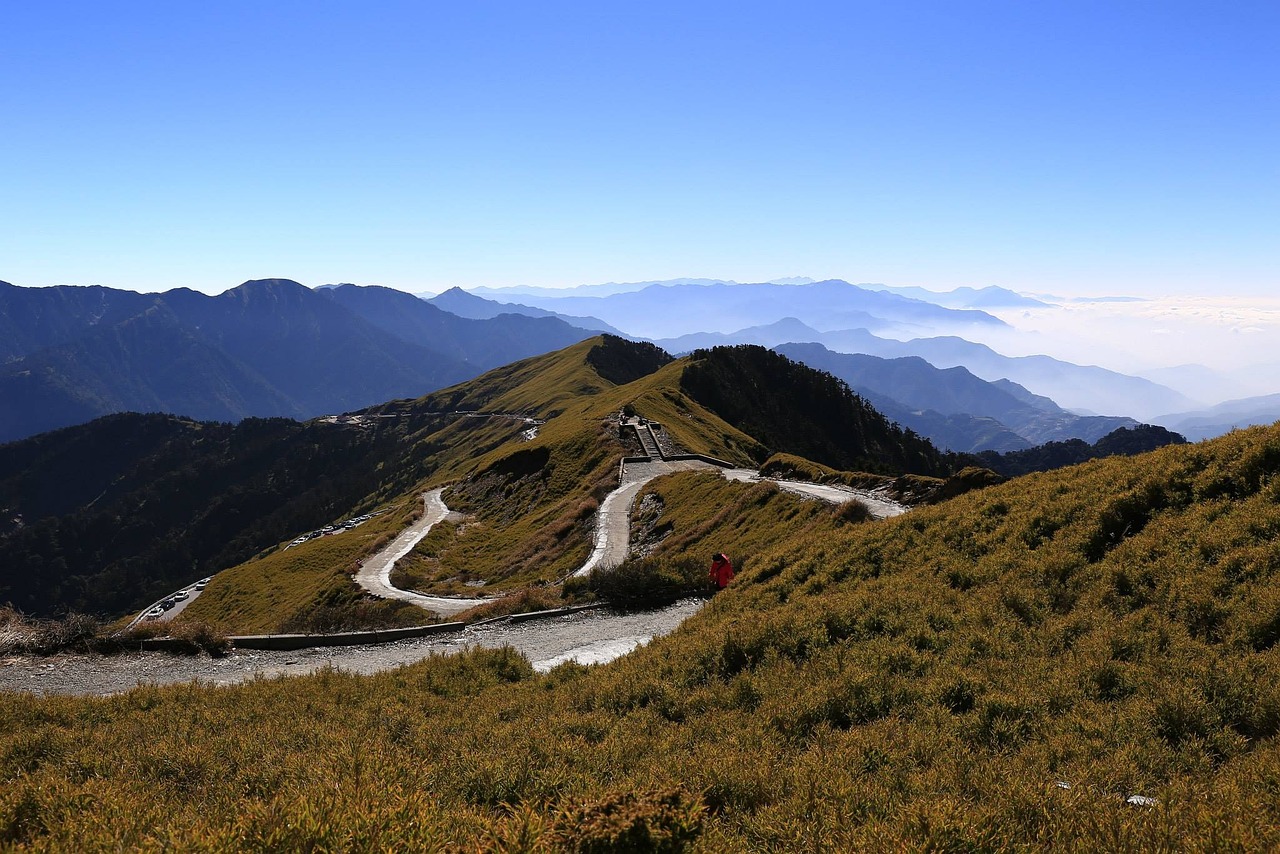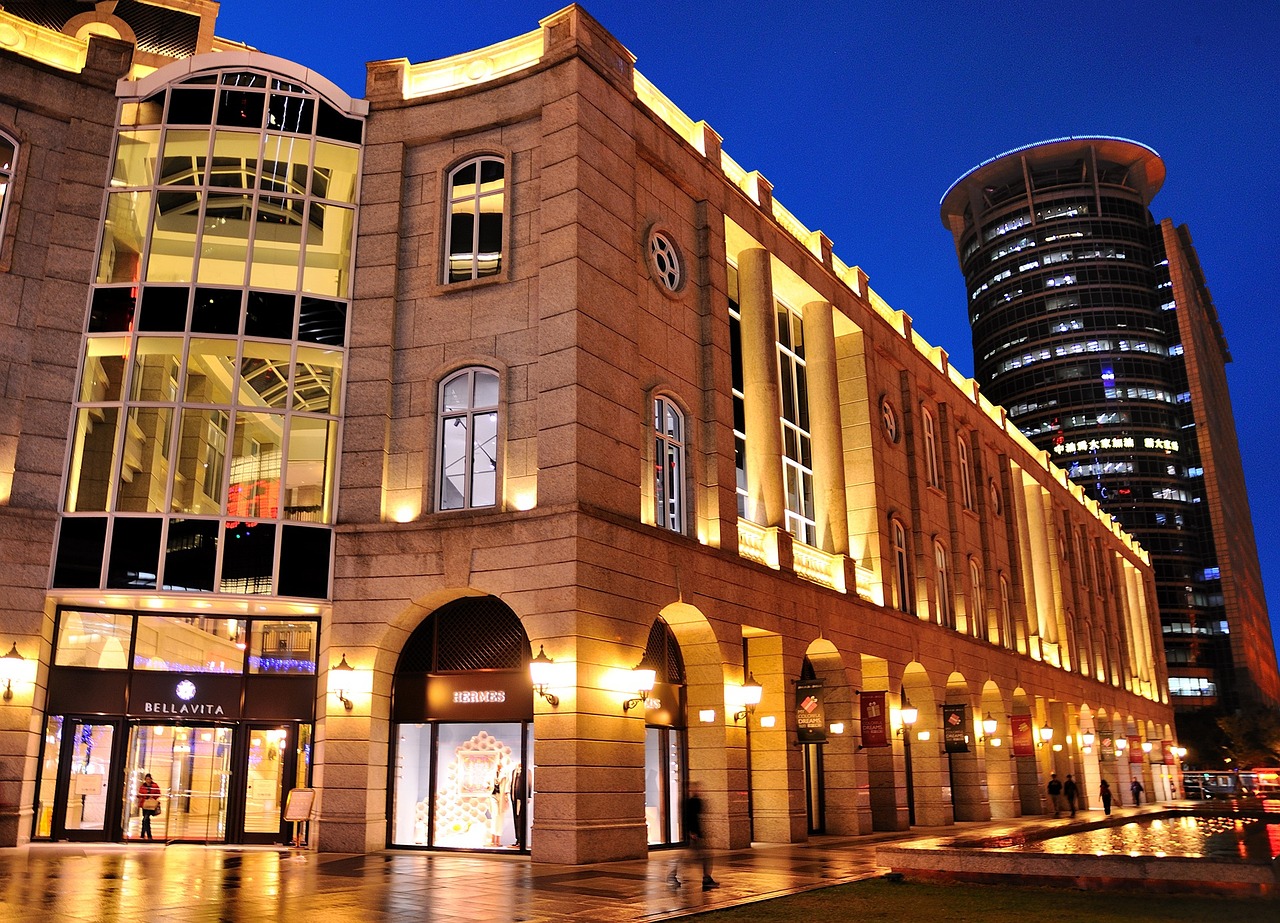Local Celebrations and Holidays: What to Expect in Taiwan
Taiwan, a vibrant island nation in East Asia, is known for its rich culture and unique traditions. The local celebrations and holidays in Taiwan provide a fascinating glimpse into the country’s history, religion, and customs. From lively street parades to solemn religious ceremonies, Taiwan offers a wide range of festive events throughout the year. This article will guide you through twelve sections, each focusing on a different celebration or holiday in Taiwan, providing you with valuable insights into what to expect.
Taiwan Image 1:

Section 1: Lunar New Year (Spring Festival)
The Lunar New Year, also known as Spring Festival, is the most important traditional holiday in Taiwan. Celebrated in late January or early February, it marks the beginning of the lunar calendar year. The festivities last for fifteen days, with the first three days being the most significant.
- Family Reunions: During Lunar New Year, families gather from near and far to celebrate together. It is a time for family members to catch up, exchange gifts, and enjoy festive meals.
- Red Envelopes: Giving red envelopes, known as “hongbao,” is a common tradition during Lunar New Year. These envelopes contain money and are given to children and unmarried individuals as a symbol of good luck and blessings for the upcoming year.
- Fireworks and Lanterns: Fireworks and lanterns are an integral part of Lunar New Year celebrations. Fireworks light up the night sky, symbolizing the warding off of evil spirits, while lanterns decorate homes and streets, creating a magical atmosphere.
- Night Markets: Night markets come alive during Lunar New Year, offering a wide variety of traditional snacks, games, and entertainment. It’s a great opportunity to experience the local street food and immerse yourself in the festive ambiance.
Section 2: Lantern Festival
The Lantern Festival, celebrated on the fifteenth day of the Lunar New Year, marks the end of the Spring Festival. It is one of the most visually stunning and anticipated events in Taiwan.
- Colorful Lantern Displays: The Lantern Festival is characterized by intricate and artistic lantern displays. These lanterns come in various shapes, sizes, and colors, illuminating parks, temples, and streets.
- Yuanxiao (Sweet Rice Dumplings): Yuanxiao, also known as Tangyuan, are sweet rice dumplings filled with sesame, peanuts, or red bean paste. Eating Yuanxiao during the Lantern Festival symbolizes family unity and harmony.
- Lion and Dragon Dances: Lion and dragon dances are performed during the Lantern Festival to bring good luck and fortune. These vibrant and energetic performances captivate audiences with their acrobatic movements and rhythmic music.
- Sky Lanterns: Releasing sky lanterns into the night sky is a popular tradition during the Lantern Festival. People write their wishes or prayers on the lanterns before releasing them, believing that they will bring good luck and blessings.
Taiwan Image 2:

Section 3: Dragon Boat Festival
The Dragon Boat Festival, also known as Duanwu Festival, is celebrated on the fifth day of the fifth month in the lunar calendar. It commemorates the life and death of the famous poet Qu Yuan.
- Dragon Boat Races: Dragon boat races are the highlight of the Dragon Boat Festival. Teams paddle in long, narrow boats decorated like dragons, competing to reach the finish line. The races attract both participants and spectators from all over Taiwan.
- Zongzi: Zongzi is a traditional food prepared and enjoyed during the Dragon Boat Festival. It consists of glutinous rice wrapped in bamboo leaves, filled with various ingredients such as meat, beans, and nuts. Zongzi is steamed or boiled and has a distinct, savory flavor.
- Wearing Sachets: Sachets filled with herbs are worn during the Dragon Boat Festival to ward off evil spirits and bring good luck. People hang them on their doors or wear them around their wrists or necks.
- Herbal Baths: Taking herbal baths is believed to cleanse the body and ward off evil spirits during the Dragon Boat Festival. Special herbs, such as mugwort and calamus, are boiled and added to bathwater for their purifying properties.
Section 4: Mid-Autumn Festival
The Mid-Autumn Festival, also known as Moon Festival, is celebrated on the fifteenth day of the eighth month in the lunar calendar. It is a time for family reunions and appreciating the beauty of the full moon.
- Mooncakes: Mooncakes are the iconic food of the Mid-Autumn Festival. These round pastries are filled with various ingredients such as lotus seed paste, red bean paste, or salted egg yolks. They are often gifted and shared among family and friends.
- Moon Gazing: During the Mid-Autumn Festival, it is common to gather with loved ones and admire the full moon. Parks and open spaces become popular spots for moon gazing, accompanied by music, poetry, and lanterns.
- Dragon and Lion Dances: Dragon and lion dances are performed during the Mid-Autumn Festival to bring joy and good luck. The vibrant and rhythmic dances, accompanied by drums and cymbals, captivate audiences of all ages.
- Tea Appreciation: Tea appreciation is an integral part of the Mid-Autumn Festival. People gather to enjoy different types of tea, such as oolong and jasmine tea, while engaging in conversations and bonding with family and friends.
Taiwan Image 3:

Section 5: Ghost Month
Ghost Month, also known as Zhongyuan Festival, is a month-long period dedicated to honoring and appeasing the spirits of ancestors in Taiwan. It usually falls in August or September.
- Burning Ghost Money: Burning ghost money, also known as joss paper, is a common practice during Ghost Month. It is believed that the money will reach the deceased ancestors in the afterlife and provide them with financial resources.
- Offerings and Prayers: People offer food, fruits, and other items on altars to appease the spirits and seek their blessings. Temples are filled with devotees making offerings and participating in religious ceremonies.
- Ghost Lanterns: Ghost lanterns are lit during Ghost Month to guide the spirits back to their ancestral homes. These lanterns are made of paper and often have the names of the deceased written on them.
- Theatrical Performances: Theatrical performances, including traditional Chinese opera and puppet shows, are held during Ghost Month to entertain the spirits. These performances take place in temples and public spaces.
Section 6: Double Tenth Day (National Day)
Double Tenth Day, also known as National Day, is celebrated on October 10th to commemorate the founding of the Republic of China.
- National Day Parade: A grand parade takes place in Taipei, the capital city of Taiwan, on Double Tenth Day. The parade showcases Taiwan’s cultural diversity, military strength, and achievements.
- Fireworks and Concerts: Fireworks light up the night sky, and concerts featuring renowned artists are held in various cities across Taiwan. These celebrations create a festive atmosphere and attract both locals and tourists.
- Flag Raising Ceremony: The flag raising ceremony is a significant event on Double Tenth Day. It takes place at the Presidential Office Building in Taipei, where the national flag is raised amidst patriotic speeches and performances.
- Cultural Exhibitions: Cultural exhibitions showcasing Taiwanese traditions, arts, and crafts are organized during the National Day celebrations. These exhibitions provide insights into the country’s rich heritage and creativity.
Section 7: Lantern Floating Festival
The Lantern Floating Festival, also known as Pingxi Sky Lantern Festival, is an annual event held in Pingxi District, New Taipei City. It takes place on the fifteenth day of the first lunar month.
- Sky Lantern Release: The Lantern Floating Festival is famous for the release of sky lanterns into the night sky. These lanterns carry people’s wishes and prayers, creating a breathtaking spectacle as they ascend together.
- Prayer Ceremonies: Prayer ceremonies are held during the festival to seek blessings and good fortune. Participants gather in temples to offer prayers and make wishes for the upcoming year.
- Street Stalls and Performances: Street stalls offering local delicacies, handicrafts, and souvenirs line the festival area. Traditional performances, including folk dances and music, entertain visitors throughout the event.
- Illuminated Water Lanterns: In addition to sky lanterns, illuminated water lanterns are also released during the festival. These lanterns float on water bodies, symbolizing the release of worries and the embrace of new beginnings.
Section 8: Qingming Festival (Tomb-Sweeping Day)
Qingming Festival, also known as Tomb-Sweeping Day, is a time for paying respects to ancestors and enjoying the beauty of nature. It usually falls on April 4th or 5th.
- Tomb Sweeping: Families visit the gravesites of their ancestors, cleaning the tombstones, offering food and flowers, and burning incense as a sign of reverence. It is a solemn occasion to honor and remember loved ones who have passed away.
- Spring Outings: Qingming Festival is also a time for outdoor activities and appreciating nature. Many people take advantage of the pleasant spring weather to go on picnics, fly kites, or simply enjoy the blooming cherry blossoms.
- Green Burials: In recent years, there has been a growing trend of “green burials” during Qingming Festival. These eco-friendly burials focus on reducing environmental impact and preserving natural landscapes.
- Tomb-Sweeping Food: Special foods, such as qingtuan (green rice balls) and peach-shaped pastries, are prepared and consumed during Qingming Festival. These foods hold cultural significance and are enjoyed as part of the traditional celebrations.
Section 9: Ghost Festival
The Ghost Festival, also known as Zhongyuan Festival, is a month-long period dedicated to honoring and appeasing the spirits of ancestors in Taiwan. It usually falls in August or September.
- Ghost Money Offerings: During the Ghost Festival, people burn ghost money and offer food and other items to appease the spirits. It is believed that these offerings will provide comfort and sustenance to the deceased ancestors.
- Ghost Opera: Ghost opera performances are a unique feature of the Ghost Festival. These theatrical performances, combining music, dance, and drama, entertain both the living and the spirits.
- Temple Processions: Processions take place during the Ghost Festival, with people carrying lanterns and statues of deities through the streets. These processions are accompanied by traditional music and prayers.
- Puppet Shows: Puppet shows are a popular form of entertainment during the Ghost Festival. These shows depict stories from Chinese mythology and folklore, often featuring colorful puppets and skilled puppeteers.
Section 10: Taiwan Lantern Festival
The Taiwan Lantern Festival is a grand celebration held annually in different cities across Taiwan. It showcases elaborate lantern displays, cultural performances, and various activities.
- Giant Lantern Displays: The Taiwan Lantern Festival features massive lantern displays, often with intricate designs and vibrant colors. These displays depict traditional and contemporary themes, captivating visitors with their beauty.
- Handmade Lantern Competitions: Many cities organize lantern-making competitions during the festival. Skilled artisans and community members create intricate lanterns using traditional techniques, showcasing their creativity and craftsmanship.
- Night Market Stalls: Night market stalls are set up during the Taiwan Lantern Festival, offering a wide range of local street food, snacks, and handicrafts. Visitors can indulge in delicious treats while exploring the festival grounds.
- Performances and Activities: The Taiwan Lantern Festival features cultural performances, including traditional music, dance, and acrobatics. Visitors can also participate in lantern riddle contests, lantern painting, and other interactive activities.
Section 11: Double Ninth Festival
The Double Ninth Festival, also known as Chongyang Festival, is celebrated on the ninth day of the ninth month in the lunar calendar. It is a day to pay respects to the elderly and enjoy outdoor activities.
- Mountain Climbing: Mountain climbing is a popular activity during the Double Ninth Festival. People hike to the top of mountains or hills to enjoy the panoramic views and appreciate the beauty of nature.
- Chongyang Cake: Chongyang cake, also known as “flower cake,” is a traditional food associated with the Double Ninth Festival. It is made with various ingredients such as chestnuts, dates, and sesame, symbolizing good fortune and longevity.
- Drinking Chrysanthemum Tea: Chrysanthemum tea is often consumed during the Double Ninth Festival. It is believed to have medicinal properties and is associated with cleansing the body and warding off evil spirits.
- Flying Kites: Flying kites is a common pastime during the Double Ninth Festival. Colorful kites fill the sky, creating a lively and festive atmosphere.
Section 12: New Year’s Eve
New Year’s Eve, also known as Yuan Dan, is the last day of the lunar calendar year. It is a time for bidding farewell to the old year and welcoming the new year with joy and anticipation.
- Reunion Dinner: Families come together to have a reunion dinner on New Year’s Eve. This meal is considered the most important of the year, and it typically includes various symbolic dishes that represent good luck and prosperity.
- Firecrackers: Firecrackers are set off at midnight on New Year’s Eve to drive away evil spirits and bring good luck for the coming year. The loud noises and bright lights symbolize a fresh start and a prosperous future.
- Countdown Celebrations: Countdown celebrations are held in cities across Taiwan, with lively street parties, live performances, and spectacular fireworks displays. People gather to welcome the new year with excitement and joy.
- Temple Visits and Prayers: Many people visit temples on New Year’s Eve to pray for blessings and good fortune. Temples are adorned with colorful decorations, and incense fills the air as devotees express their hopes and wishes for the upcoming year.
References
– Lunar New Year: www.chinadaily.com.cn
– Lantern Festival: www.travel.taipei
– Dragon Boat Festival: www.taiwannews.com.tw
– Mid-Autumn Festival: www.taiwan.net.tw
– Ghost Month: www.taiwan.net.tw
– Double Tenth Day: www.taiwan.gov.tw
– Lantern Floating Festival: www.travel.taipei
– Qingming Festival: www.taiwan.net.tw
– Ghost Festival: www.taiwan.net.tw
– Taiwan Lantern Festival: www.travel.taipei
– Double Ninth Festival: www.taiwan.net.tw
– New Year’s Eve: www.taiwan.net.tw

